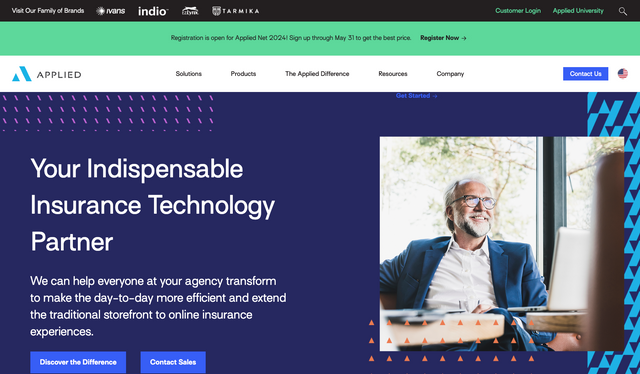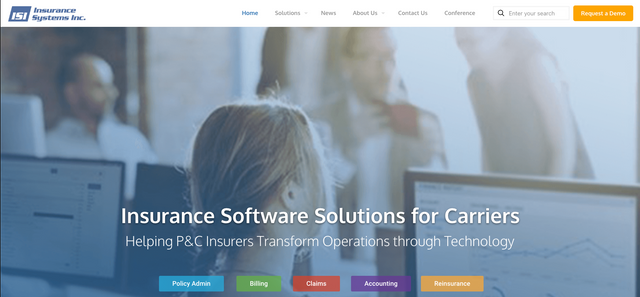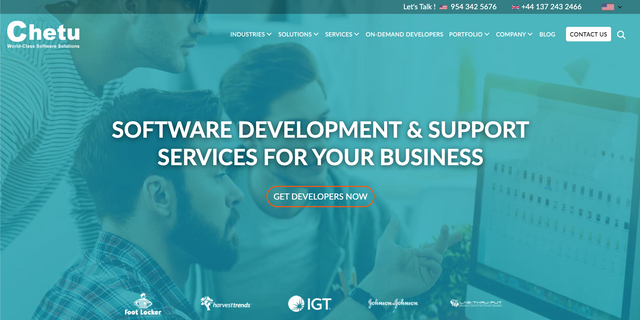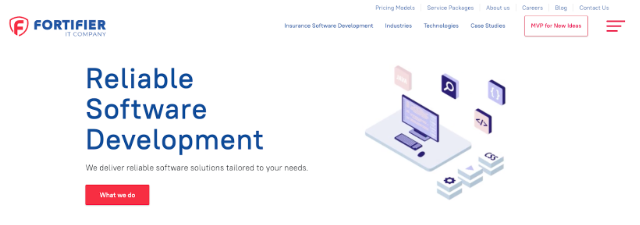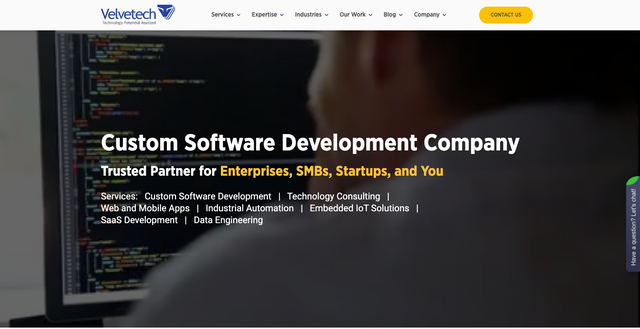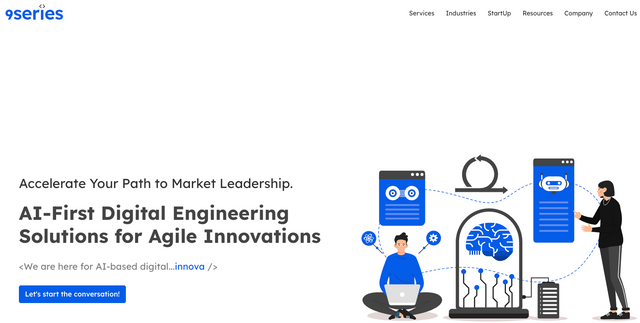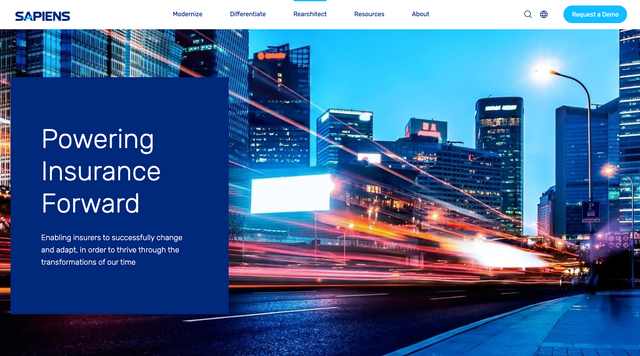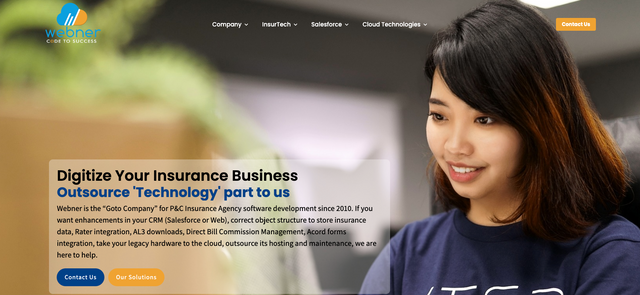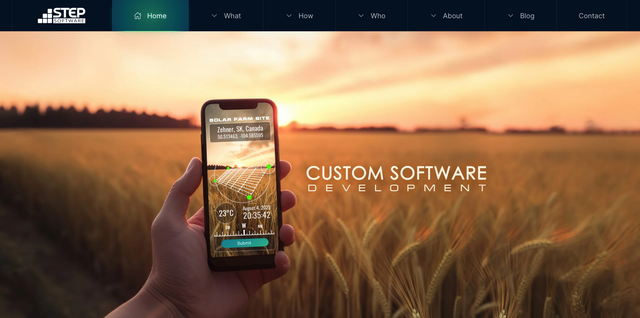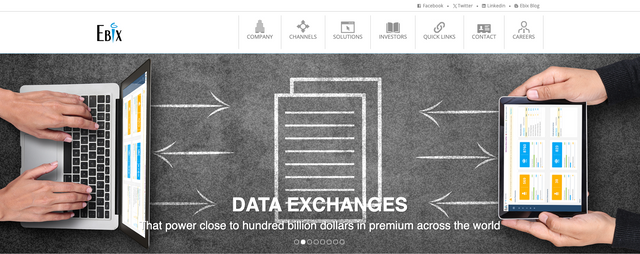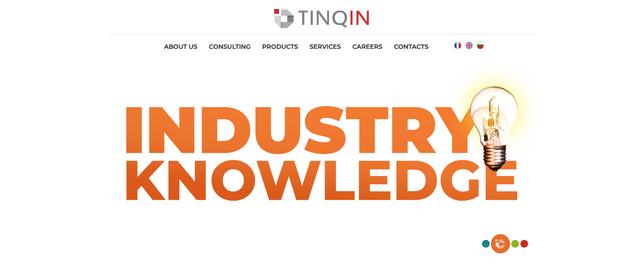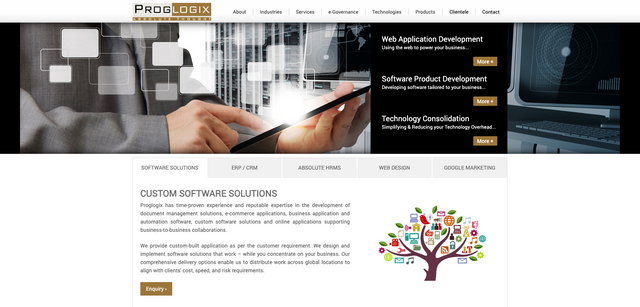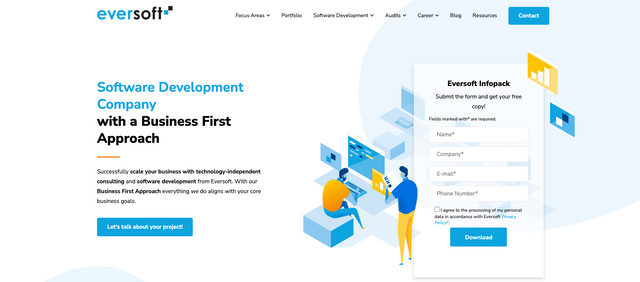Top 15 Insurance Software Development Companies in 2024
Introduction
The insurance sector is currently undergoing a profound shift, driven by advancements in technology and changes in market conditions. A report by McKinsey indicates that since 2003, life insurance companies have experienced a 23% rise in costs relative to revenue, pointing out the urgent need for improved operational efficiency and innovation. Deloitte's analysis of the insurance industry highlights the significant role of emerging technologies such as AI and blockchain, suggesting that firms need to evolve to stay competitive. Furthermore, Accenture's findings reveal a 200% increase in the level of disruption between 2017 and 2022, highlighting the critical need for companies to adopt digital transformation strategies to succeed in the current landscape.
The aim of this article is to assist enterprises in identifying the most appropriate insurance software development firm. By examining these companies through the lens of their technical expertise, experience in the sector, and capacity for innovation, we intend to offer a detailed guide that will help businesses make well-informed choices in an increasingly dynamic market.
Top Insurance Software Development Companies 2024
The field of insurance software development is varied, with firms focusing on different technologies and approaches to meet the specific demands of the sector. From boosting operational efficiency to enhancing customer interaction and utilizing big data for smarter decision-making, these organizations lead the way in the digital revolution of insurance. Below, we delve deeper into some of the top companies in this space:
1. Mobilunity
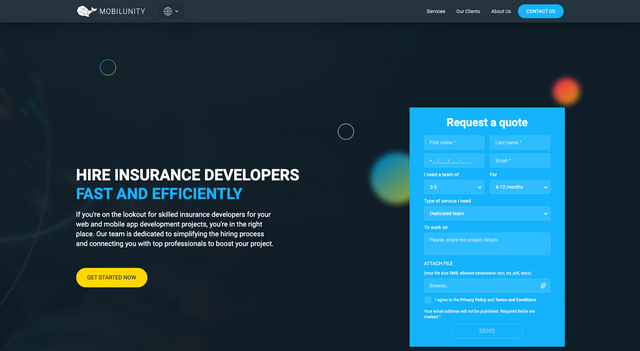
Mobilunity offers outsourcing solutions for software development and consulting, with a focus on insurance software creation. They match clients with skilled professionals for both web and mobile application development, providing flexible engagement models including dedicated teams or part-time experts to fit various project needs. The firm boasts a history of successful projects in the InsurTech space, utilizing contemporary technologies and approaches. Their strategy is centered on meeting clients' business goals, aiming to provide impactful solutions in the dynamic insurance sector.
2. Applied Systems
Applied Systems specializes in fostering digital innovation, aiming to improve both internal and client-facing communications. They are at the forefront of adopting cutting-edge technologies to simplify business operations and enhance customer experiences.
3. ISI Enterprise
With a rich history in transforming insurance business operations, ISI Enterprise initially served property and casualty insurance providers but now offers solutions across the entire sector, focusing on broad coverage.
4. Chetu
Chetu stands out for its bespoke software development services, creating custom solutions through a deep understanding of each client's unique business requirements, distinguishing themselves in the development of tailor-made insurance software.
5. Fortifier
Fortifier is dedicated to enhancing insurance workflows and lowering operational expenses while focusing on risk management and efficiency, incorporating cloud technology, artificial intelligence, and machine learning.
6. VelveTech
VelveTech prioritizes digital innovation, user experience, and compliance in their insurance software solutions, striving to fulfill the contemporary requirements of the insurance industry.
7. 9series
9series excels in providing custom tech solutions, including enterprise mobility and web development, with an emphasis on delivering high-quality services and bespoke solutions for the insurance market.
8. Sapiens
Sapiens delivers extensive software packages for the insurance industry, covering property and casualty, life insurance, and reinsurance, with a focus on comprehensive, core, data, and digital solutions.
9. Sapphire Software Solutions
As an ISO-certified entity, Sapphire Software Solutions offers a broad spectrum of IT services and solutions, with a strong focus on addressing the unique demands of the insurance industry, from software development to implementation.
10. Webner
Webner is renowned for crafting leading insurance agency management systems, offering automation solutions and specialized software development services designed to meet the insurance industry's distinct needs.
11. Step Software
Step Software provides software development and security services, concentrating on developing adaptable and scalable software solutions tailored to the insurance industry's unique business requirements.
12. Ebix
Operating as a branch of Ebix Inc, this company dedicates itself to the collaborative creation of cutting-edge technology strategies and solutions, aimed specifically at overcoming the insurance industry's obstacles.
13. Tinqin
Tinqin, with its roots in serving the insurance sector, has been delivering specialized solutions and services to key and strategic entities within the European insurance market, with an emphasis on bespoke software development.
14. Proglogix
Proglogix offers services aimed at leveraging information technology to enhance business value, with a focus on designing solutions that ensure a consistent customer experience in the insurance domain.
15. Eversoft
As a partner offering Software Development as a Service, Eversoft is committed to providing services from the initial idea to launch, focusing on creating solutions that are tailored for the insurance industry's future objectives.
Criteria for Ranking:
The evaluation and ranking of these companies are based on key criteria such as:
- **Innovation and Technological Expertise: **The company's proficiency in incorporating cutting-edge technologies like AI, blockchain, and IoT into their offerings.
- **Customization and Flexibility: **The ability to provide solutions customized to the specific requirements of insurance companies, showing flexibility across different insurance areas.
- Industry Experience: A strong history of successful projects and a deep comprehension of the challenges and opportunities within the insurance sector.
- Client Reviews and Feedback: Positive reviews and case studies that demonstrate effective implementations and high levels of client satisfaction.
- **Strategic Impact: **Solutions that address immediate operational requirements while offering strategic benefits in terms of competitive positioning and potential for growth.
In the wider context, entities such as Zego partner with significant firms (e.g., Uber, Just Eat) to offer specialized insurance services, while BIMA is known for providing insurance via mobile in emerging markets. Marshmallow and Newfront serve specific niches with innovative insurance products, focusing on private motor insurance and commercial coverage, respectively. This showcases the sector's ability to cater to a diverse range of client needs.
Significance of Tailored Insurance Software
Developing custom software for insurance caters precisely to the unique needs of insurers, offering more flexibility and efficiency than standard solutions. This bespoke approach helps insurers automate and refine their specific processes, integrate smoothly with current systems, and quickly adjust to new regulations and market changes.
By opting for custom software, insurance companies can embrace modern technologies to better analyze data, assess risks, and enhance client service, thereby securing a competitive advantage and operational durability in a fluctuating market environment.
Varieties of Insurance Software Applications
The insurance field utilizes various software applications to boost efficiency, enhance client engagement, and optimize operations. Below is a summary of essential types of insurance software applications:
- Claims Management Systems: Vital for overseeing the complete claims process, from initial report to final settlement. These systems enable insurers to automate operations, lessen manual work, and detect fraudulent activity, thus accelerating processing time and elevating customer contentment.
- CRM Software for Agents & Brokers: Critical for managing interactions with customers, recording information on potential and existing clients, and automating sales and marketing tasks. These tools assist insurance professionals in fostering solid relationships with clients, managing leads efficiently, and improving overall client experiences.
- Insurance Marketplaces: Online platforms that ease the comparison and acquisition of insurance policies for consumers. These marketplaces provide a broad selection of products from various insurers, helping customers find optimal coverage at competitive rates. Features often include advanced search filters, online consultations, and AI-driven recommendations.
- Underwriting or Quoting Software: Facilitates the underwriting process by automating the evaluation of risk and policy pricing. This allows insurers to quickly and accurately assess the risk of insuring individuals or entities and set suitable premiums, enhancing the precision and speed of underwriting.
- Document Management Software (DMS): Enables insurers to electronically organize, store, and retrieve crucial documents. Essential for handling policy paperwork, claims forms, and other important documents, DMS improves operational efficiency, compliance, and security of documentation.
Key Considerations When Choosing an Insurance Software Development Partner
Choosing the appropriate insurance software development company is a pivotal decision that greatly influences the effectiveness of your digital transformation initiatives. Here are three critical aspects to keep in mind during the selection process:
- Industry-Specific Experience: The insurance sector is characterized by its complex regulations and specialized business operations, necessitating a development partner with a solid background in this area. Seek out firms that have consistently delivered successful projects for insurance clients, showcasing their proficiency in overcoming the sector’s specific challenges and their adept use of technology. Such expertise is vital as it ensures the developer can meet your requirements and adhere to industry standards and practices.
- Credible Reviews and Testimonials: Insights from client testimonials and case studies are invaluable for assessing a company’s capability to fulfill its commitments. Review platforms like Clutch and GoodFirms provide extensive feedback from verified clients, offering a transparent view of a developer’s reputation, work quality, and dependability. Focus on reviews that mention the company’s project management skills, the quality of the final deliverables, and their responsiveness to client needs.
- Alignment with Business Objectives: For a partnership to be effective, it’s crucial that the software development company aligns with your business vision and goals. This means there should be a shared understanding of the project’s aims, values, and expectations. Clear and consistent communication is essential to keep both parties aligned throughout the development journey, ensuring a cooperative and effective collaboration.
Conclusion
In the fast-paced insurance sector, harnessing technology is key to improving operational efficiency and enhancing customer satisfaction. The choice of a software development partner should be guided by their sector-specific expertise, positive client reviews, and a shared commitment to your business objectives. By opting for custom insurance software and understanding the various types of solutions available, insurance firms are better positioned for success. As the digital arena continues to evolve, companies that successfully integrate innovative technologies will distinguish themselves, elevating their services and effectively meeting the evolving needs of their clientele.

